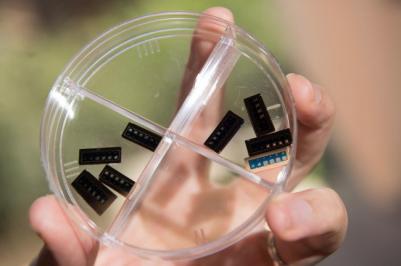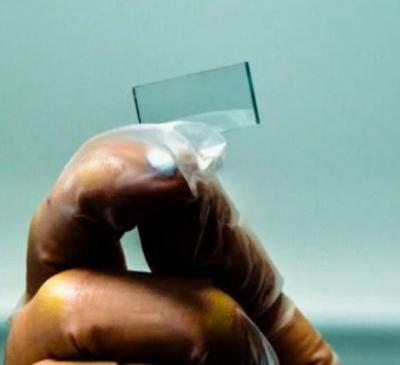DB HiTek licenses Adesto's CBRAM technology for 180nm
Adesto Technologies announced that DB HiTek (formerly known as Dongbu HiTek) has licensed its RRAM (CBRAM) memory technology. DB HiTek will use Adesto's RRAM as its embedded non-volatile memory for IoT and other ultra-low power customer designs.
DB HiTek is a South Korea based analog and mixed-signal foundry, and it will use Adesto's technology at 180nm. DB HiTek says that Adesto's CBRAM operates at lower voltages, consumes less power and requires fewer processing steps compared to conventional embedded flash technologies.



